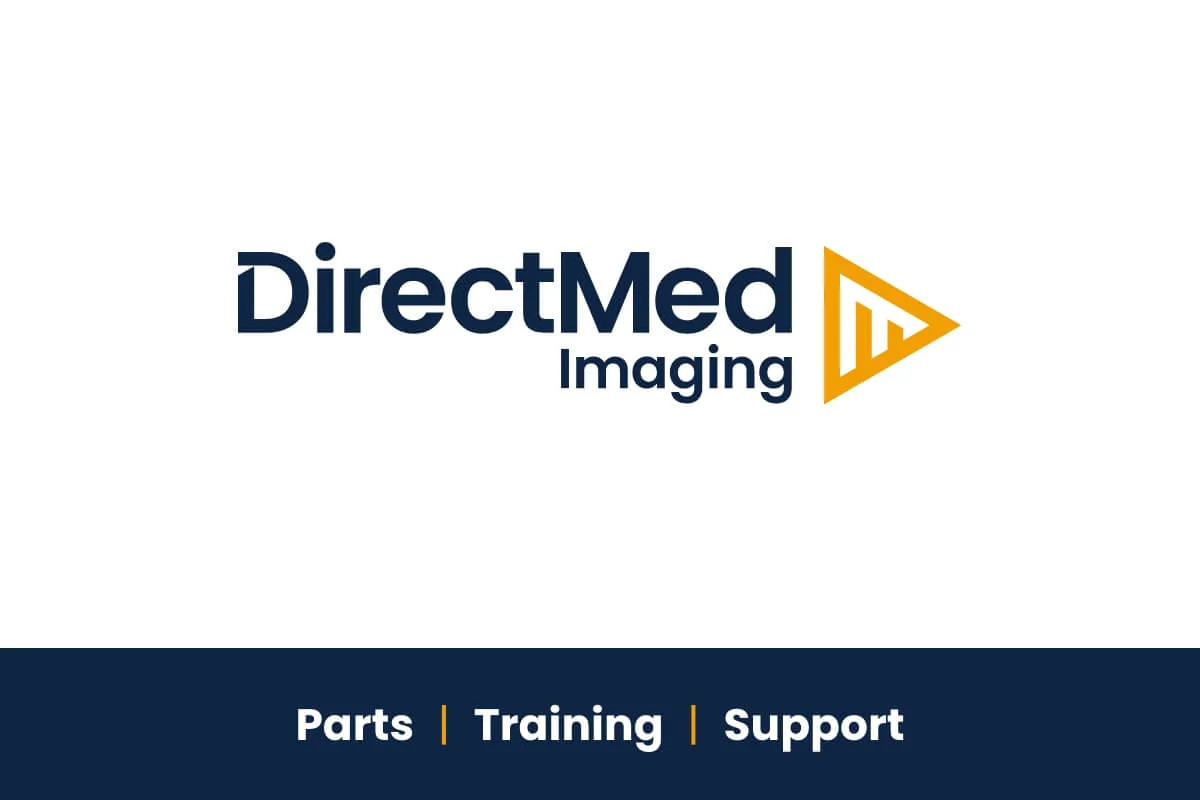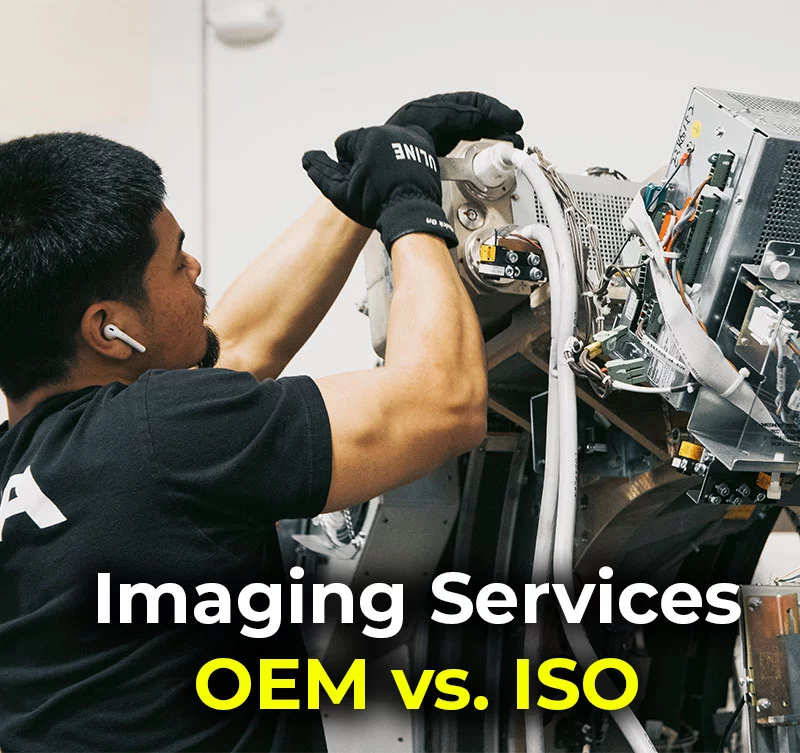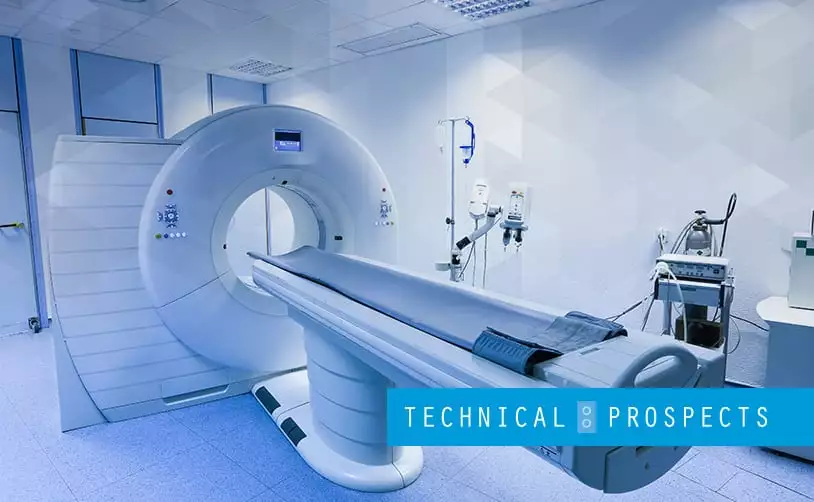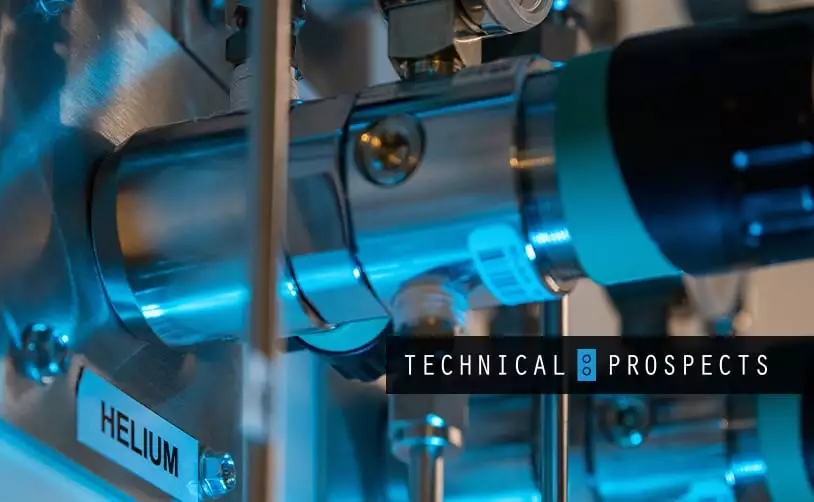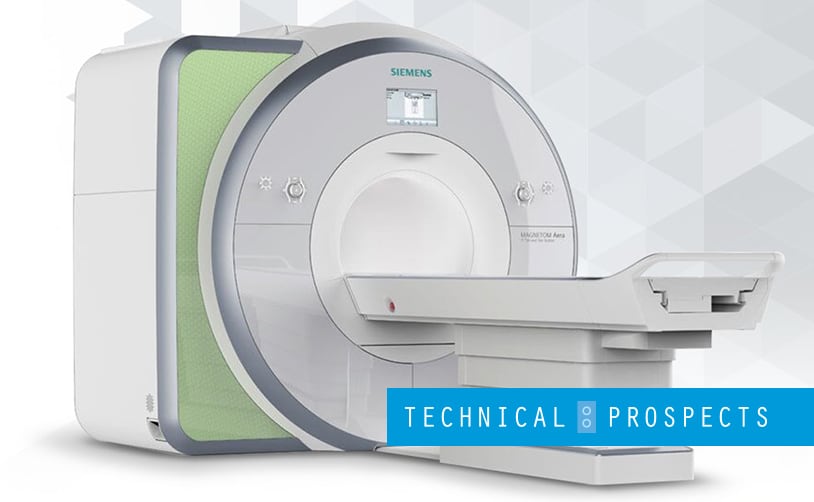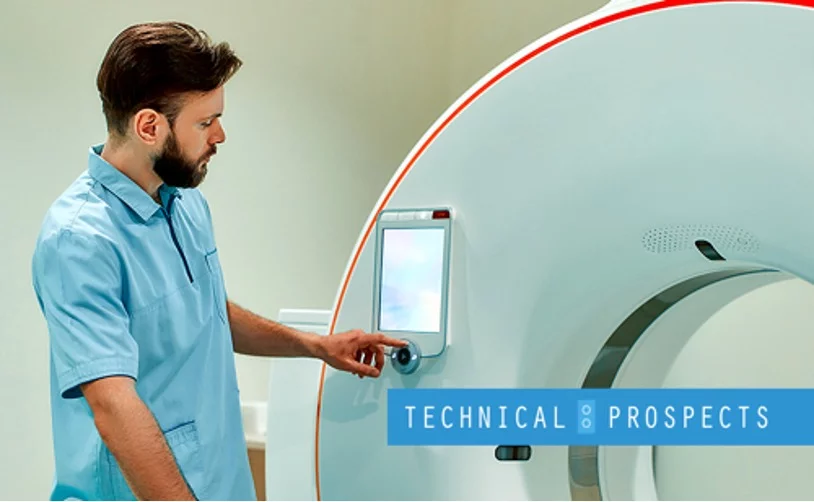Transient ischemic attacks (TIAs) manifest similar symptoms of a stroke that lasts only for several minutes. Due to its sudden and abrupt nature, its symptoms may not last as long, resulting in an episode that lasts from 2 to 30 minutes. The usual identifiers, such as numbness in the body and motor or speech problems, are much more difficult to trace than regular strokes.
After the initial TIA episode, a person’s risk of experiencing stroke increases significantly. This is why it’s necessary to identify with certainty the cause while it’s still a low-risk case. Unfortunately, they are harder to diagnose since they present non-traditional symptoms.
The risks of suffering from a stroke
It’s dangerous to undermine your body’s condition, no matter how abrupt or ignorable your pains may be. Even a slight discomfort can be an indicator of a more severe underlying condition. Stroke risk factors include a patient’s gender, age, family history, cholesterol levels, and lifestyle choices. The combination of these contributors can make someone more prone to experiencing a stroke. Stroke can have dangerous implications to a person, depending on its severity and type.
Most patients experience a TIA as a precursor to a potential stroke episode. People generally experience a stroke after 48 hours. Although it’s not a severe condition, a mild stroke can indicate that you will experience an ischemic stroke in the next two years. This is why it’s necessary to be mindful of your condition and avoid undermining minor strokes.
The dangers of a misdiagnosis
Patients without motor or speech symptoms can lead to an unconfirmed diagnosis of stroke syndrome. This is why people experiencing numbness, dizziness, or difficulty walking may not realize that they’re about to suffer from a TIA. There’s a general belief that patients with these collections of symptoms have a low risk of experiencing a stroke.
A study in the Diagnosis of Uncertain Origin Benign Transient Neurological symptoms (DOUBT) found a cause for alarm with these individuals. Their secondary diagnosis shows that people presenting these symptoms have a 13% risk of experiencing a stroke. These changes were thankfully due to a much-needed MRI scan.
MRI scans aren’t always necessary for patients that already have a confirmed diagnosis of TIA. However, receiving a scan if you think you have TIA will be advantageous in prescribing potential remedies and treatments beforehand.
The importance of imaging equipment
Imaging equipment is necessary for the healthcare industry to identify specific abnormalities in a patient’s body. The musculoskeletal system’s problems can be diagnosed by assessing images of the bones, soft tissue, blood vessels, and more. Besides confirming TIA diagnosis, MRI scans can also detect tumors, torn ligaments, and other conditions.
An MRI scan is easily accessible as an outpatient service since it doesn’t require an emergency. Patients can take it on the same day of scheduling. Utilizing imaging equipment is an excellent way to confirm diagnoses on underlying conditions that are difficult to pinpoint.
Conclusion
Before dismissing any symptoms from your patient’s medical history, it’s necessary to have your own professional assessment of a patient’s conditions. Some people may not be as articulate in describing their pains. On the other hand, others may have improperly documented patient files that are unhelpful in diagnosing their current illness. This is why you need to observe healthcare protocols and know when it’s necessary to order tests and scans to have a better understanding of what you’re dealing with.
Having quality imaging equipment is vital in confirming a diagnosis of your patient’s condition. DirectMed Parts is a US-based repair company that offers a quality level of service and treatment to ensure that your MRI is in working order. Contact us today, and our expert team of technicians can assess your imaging equipment’s needs.
